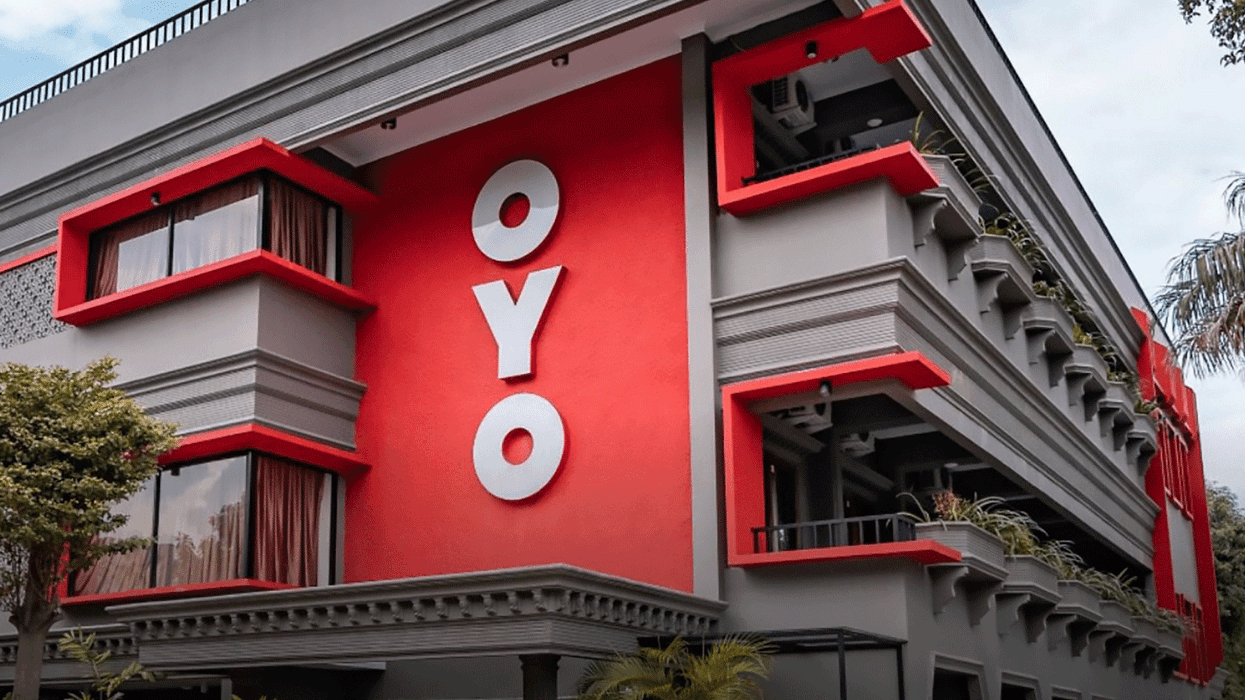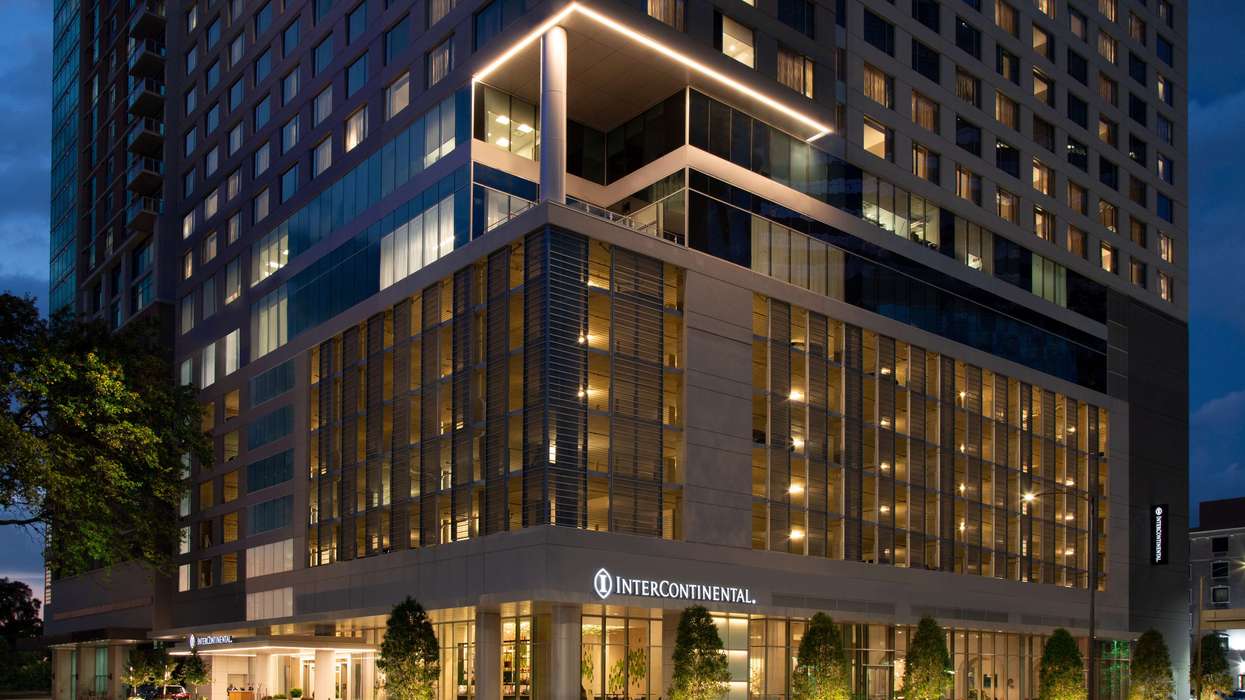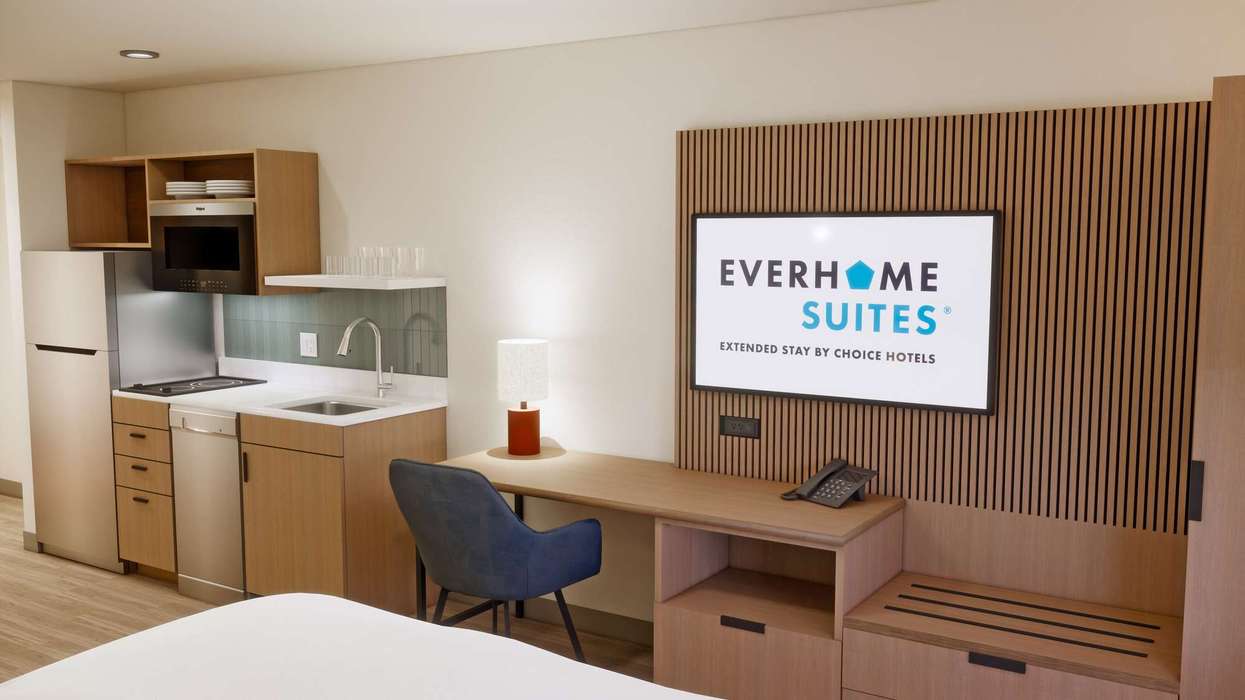DURING ANY CRISIS, communication between employer and employee is pivotal in finding a successful outcome. That’s true for the current economic crisis caused by the COVID-19 pandemic as well, but communication can be complicated when you also must maintain social distancing.
Many hotel owners and operators have been forced to handle their properties remotely.
“We have been reliant on technology as our main source of communication with our employees,” said Al Patel, president of Baywood Hotels in Columbia, Maryland. “Daily and weekly video chats allow us to collaborate amongst our regions and departments. Phone calls also play a large role in our daily operations.”
The same is true for Raj Das, vice president of development for Palace Inn Franchising in Houston.
“We have been avoiding as much physical contact with our staff as possible,” Das said, adding that the policy was to protect employee and franchisee safety. “We ensured that all of our staff have the proper equipment and safety gear to perform their jobs by increasing our supply spend and making sure they are trained on the CDC guidelines to stay safe and healthy. Most of our franchisees are owner operators who live on site and have a personal interest in keeping their staff healthy.”
The physical methods of communication are important, but so, too, is the way in which messages are created and phrased, especially at a time when so many hotel owners are forced to lay off employees. One key to effectively communicating with a work force that’s feeling insecure in their jobs is just honesty, according to an article from mobile hotel property management software developer StaynTouch.com.
“You may want to withhold or sugarcoat information out of a fear of ‘doing the wrong thing’ or upsetting your stakeholders. Resist this urge entirely,” said the article by Nicole Dehler, vice president of product for StayNTouch. “It’s important to remain transparent and empathetic; to reveal as much information about the crisis and your response as you can, and quickly acknowledging and correcting mistakes, independent of their possible repercussions.”
It’s important to consider employees as a company’s main stakeholder groups and must be kept updated on the company’s plans.
“Hoteliers are often on the ‘front lines’ interacting with guests and implementing enhanced hygiene and social distancing measures,” Dehler said. “If they aren’t informed of your brand’s coronavirus messaging, response strategy, or protocols, outside communications will become more difficult and people could be put at risk.”
The spate of furloughs and layoffs throughout the industry will certainly have employees nervous and looking for reassurance from company leaders.
“It is absolutely vital that you communicate with your employees early and often, and are as upfront and transparent as possible, even if it means having difficult conversations or conveying bad news,” Dehler said.
The article cites Marriott International CEO Arne Sorenson’s video message to employees explaining the impact of the pandemic on the company’s business.
“Sorenson did not sugarcoat COVID-19’s effects. With revenues down 75 percent below normal levels, Sorenson highlighted the need to furlough two-thirds of Marriott’s workforce, and called the pandemic greater than 9/11 and the 2008 financial crisis combined,” Dehler said. “But he conveyed the situation with a tone of genuine empathy and understanding, and offered concrete steps for how Mariott would proceed moving forward, including forgoing his own salary to prevent further layoffs. Sorenson’s authenticity strengthened the reputation and trustworthiness of his brand, and his speech has been heralded as a prime example of leadership during a time of crisis.”
Dehler concludes with emphasizing the importance of leadership to get the industry through the current crisis.
“And good leadership starts with good communication.”





